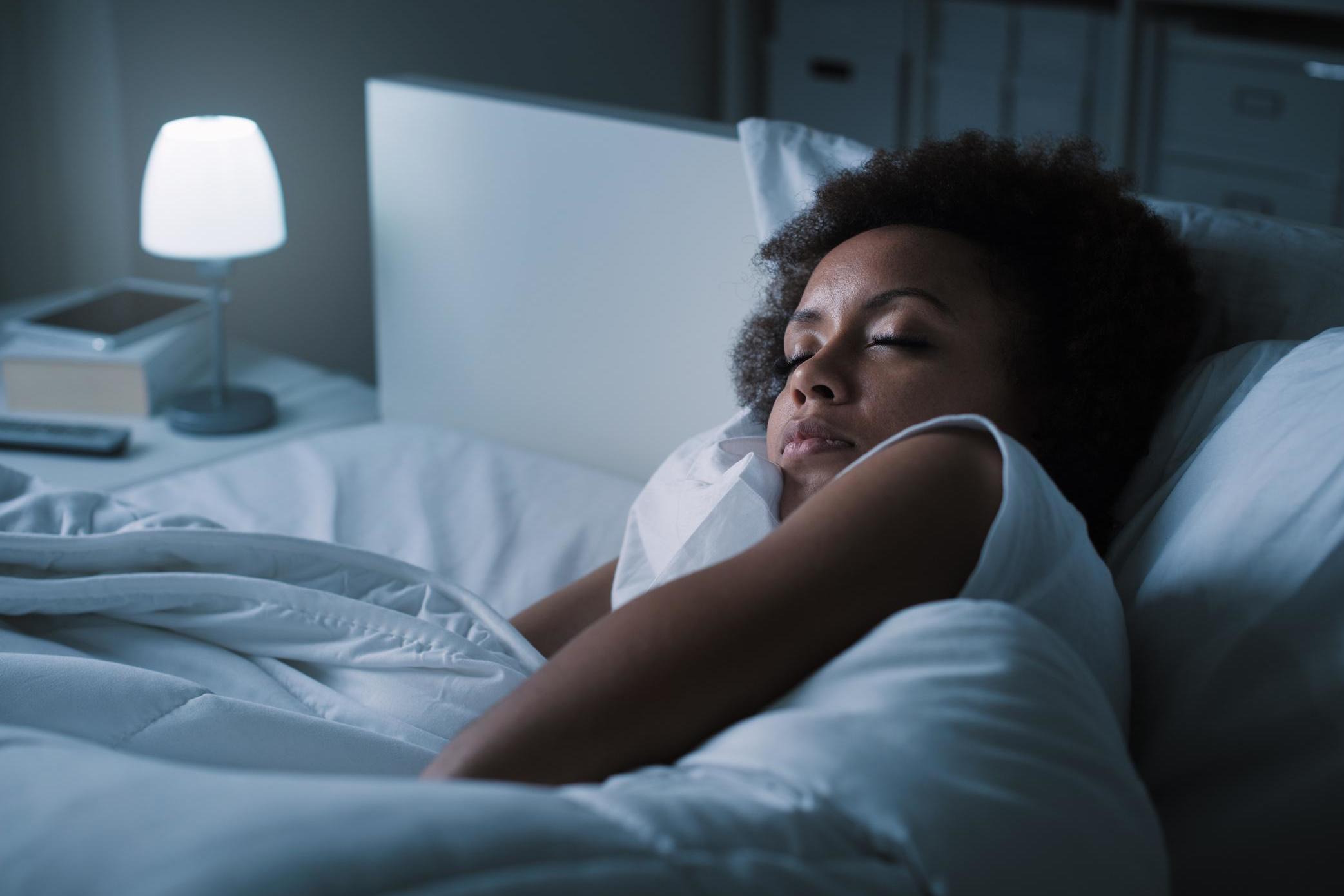Not getting enough sleep? Drinking more water could help you
A study involving more than 20,000 people claims that hydration is the keep to a good night's sleep

Your support helps us to tell the story
From reproductive rights to climate change to Big Tech, The Independent is on the ground when the story is developing. Whether it's investigating the financials of Elon Musk's pro-Trump PAC or producing our latest documentary, 'The A Word', which shines a light on the American women fighting for reproductive rights, we know how important it is to parse out the facts from the messaging.
At such a critical moment in US history, we need reporters on the ground. Your donation allows us to keep sending journalists to speak to both sides of the story.
The Independent is trusted by Americans across the entire political spectrum. And unlike many other quality news outlets, we choose not to lock Americans out of our reporting and analysis with paywalls. We believe quality journalism should be available to everyone, paid for by those who can afford it.
Your support makes all the difference.Many people don’t get enough sleep, with a recent study claiming that the average Briton gets just six hours of shut-eye a night.
Reasons for sleepless nights vary and are often linked to underlying psychological issues, but a new study claims that it could be down to simply not having drunk enough water the day before.
According to research carried out by academics at Penn State University, Pennsylvania, people who slept for six hours a night had significantly more concentrated urine and were more dehydrated compared to those who regularly slept eight hours a night, which is the recommended amount.
The study, published in the journal SLEEP, involved more than 20,000 adults in the US and China, all of whom had their sleeping habits and urine samples analysed.
The authors concluded that the links between sleep quality and hydration are down to a hormone in the body called vasopressin.
"Vasopressin is released both more quickly and later on in the sleep cycle," explains lead author Asher Rosinger, who is an assistant professor at Penn State.
"So, if you're waking up earlier, you might miss that window in which more of the hormone is released, causing a disruption in the body's hydration.
"If you are only getting six hours of sleep a night, it can affect your hydration status.
"This study suggests that if you're not getting enough sleep, and you feel bad or tired the next day, drink extra water."
Dehydration can have a number of adverse effects on the body, such as dizziness, feeling drowsy and having dark-coloured, strong-smelling urine.
The most obvious way to stay hydrated is to drink plenty of fluids throughout the day and avoid or limit drinks such as caffeine, tea and alcohol, which can dehydrate the body.
But when it comes to how much water one should drink each day, the advice is conflicting, with some experts suggesting as much as four litres while others say two.
A recent study revealed that half of Britons have no idea how much water they should be drinking daily, while a third admitted they fail to keep themselves properly hydrated and don’t drink water unless it’s mixed with something else.
The survey, carried out by British Summer Fruits and undertaken by 2,000 people, also found that 23 per cent of respondents would choose to stay hydrated by drinking soft fizzy drinks.
“There are many healthy and delicious ways to beat dehydration,” a public health nutritionist commented at the time.
“For example, try adding mixed berries to your water,” she told The Independent, “adding three to four mixed berries - raspberries, blueberries and strawberries - could help increase your vitamin C consumption.
“So, not only does it keep you hydrated, taste great, it also has added health benefits.”
Read More: Best Mattresses
Join our commenting forum
Join thought-provoking conversations, follow other Independent readers and see their replies
Comments